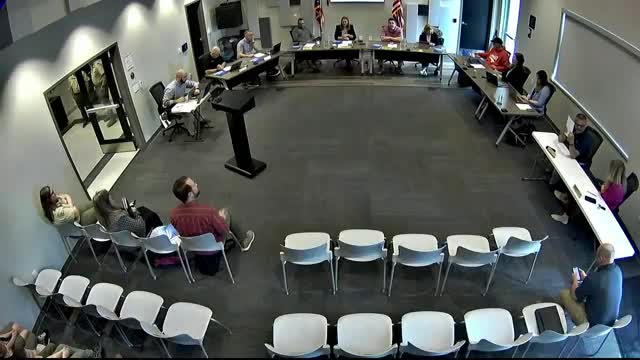Article not found
This article is no longer available. But don't worry—we've gathered other articles that discuss the same topic.
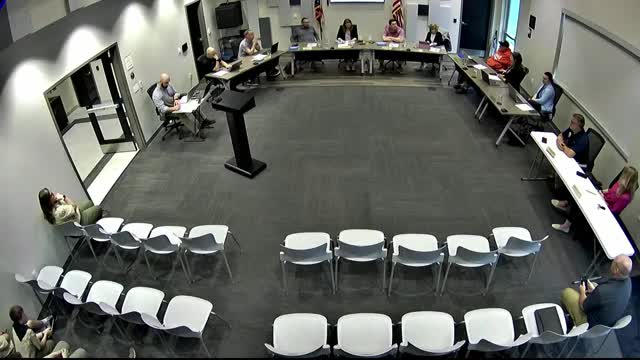
Plain City to rework mobile‑vendor ordinance after implementation hiccups
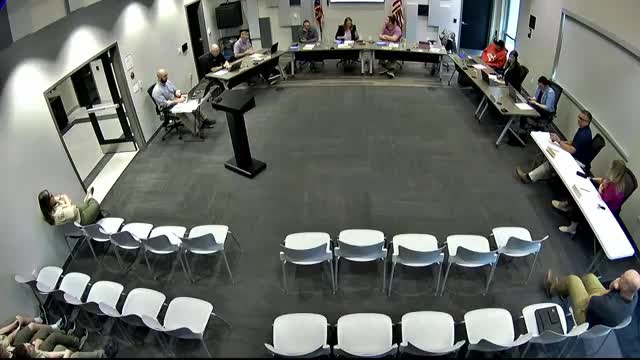
Plain City awards four $5,000 community grants to local nonprofits
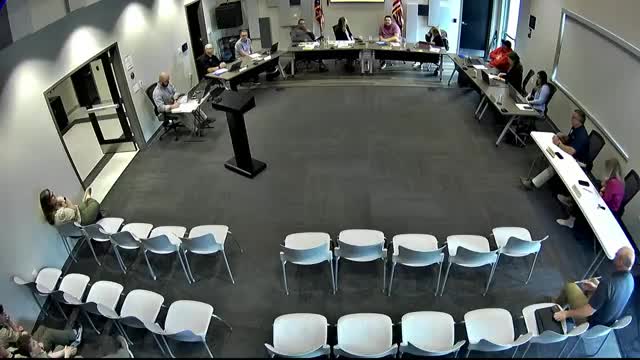
Plain City moves to hire certified officers to meet Department of Justice staffing benchmarks
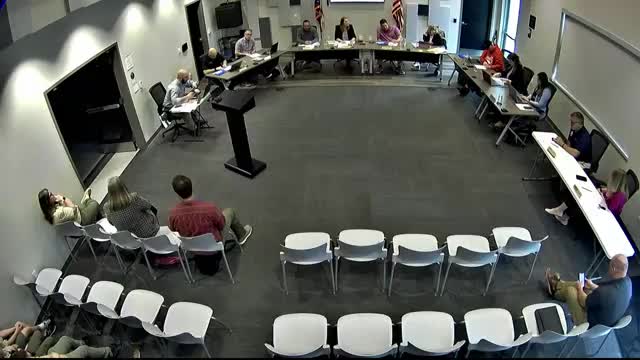
Council reviews Mid‑Ohio Water & Sewer proposal for test well and lease on village land near Derby Creek
